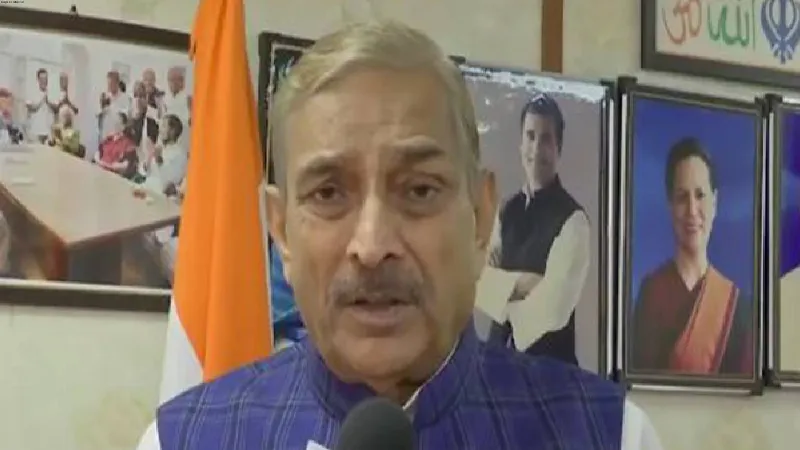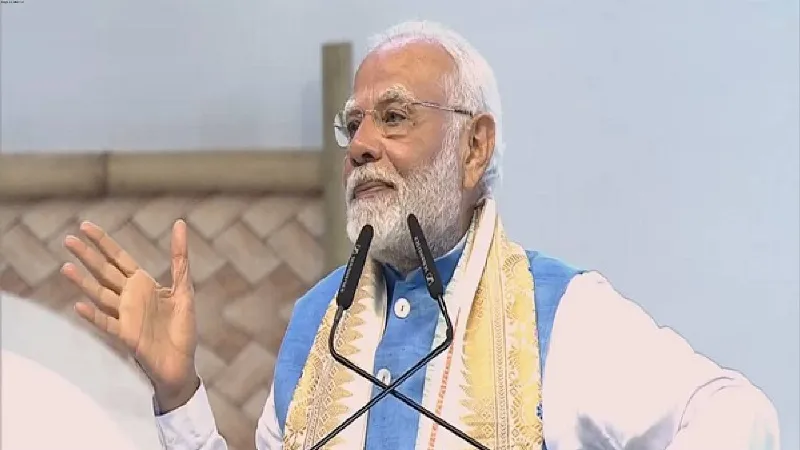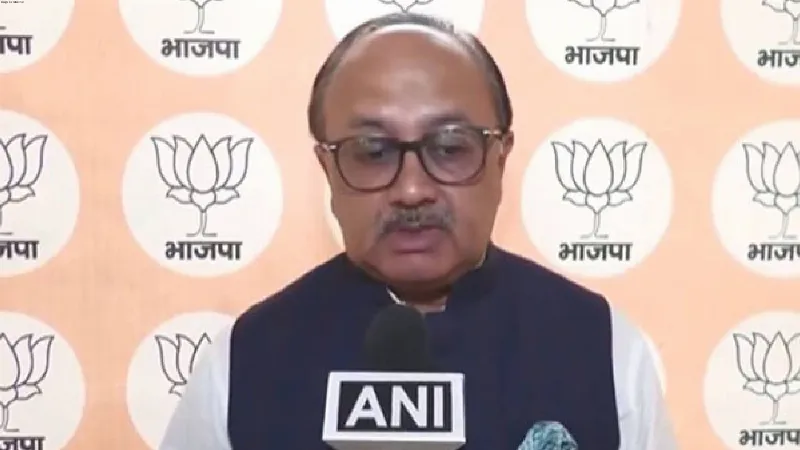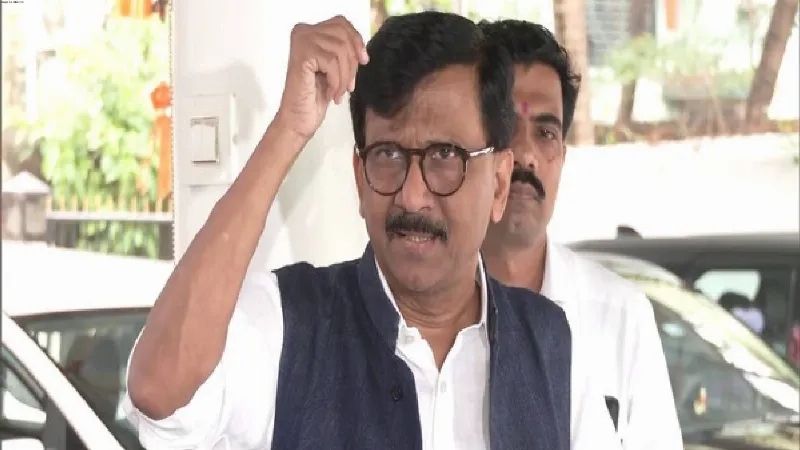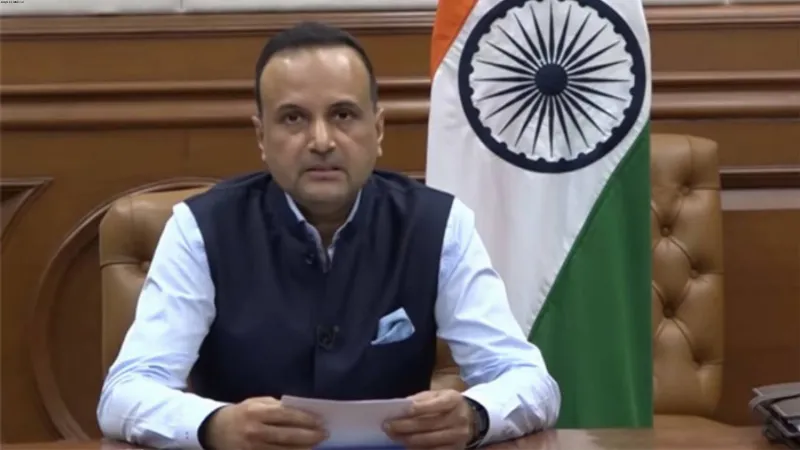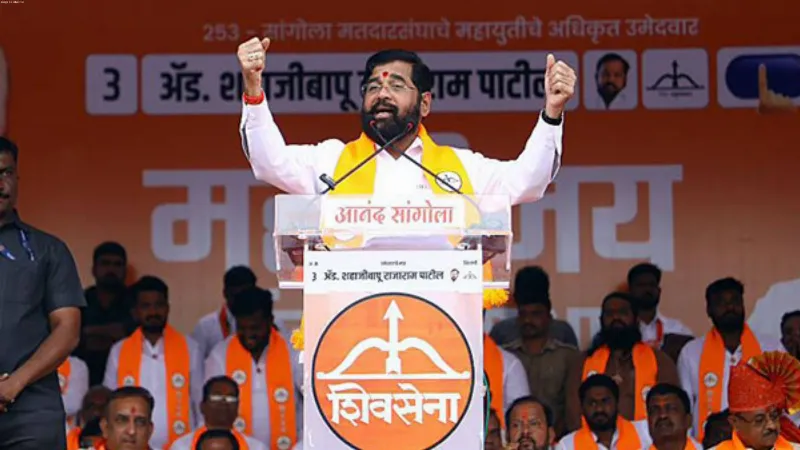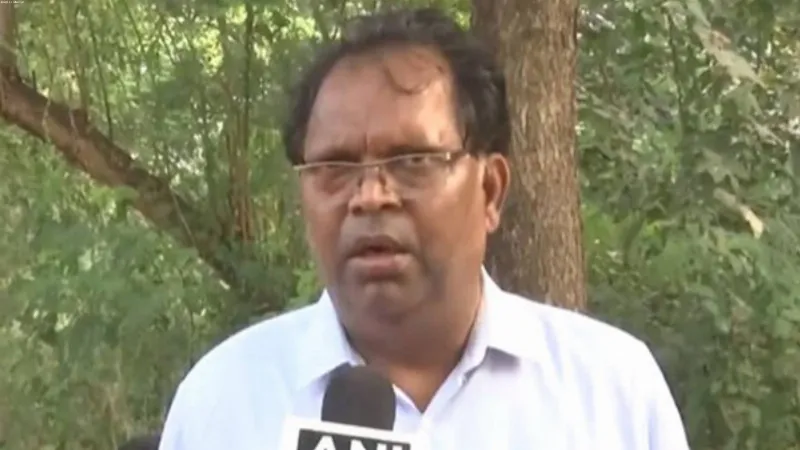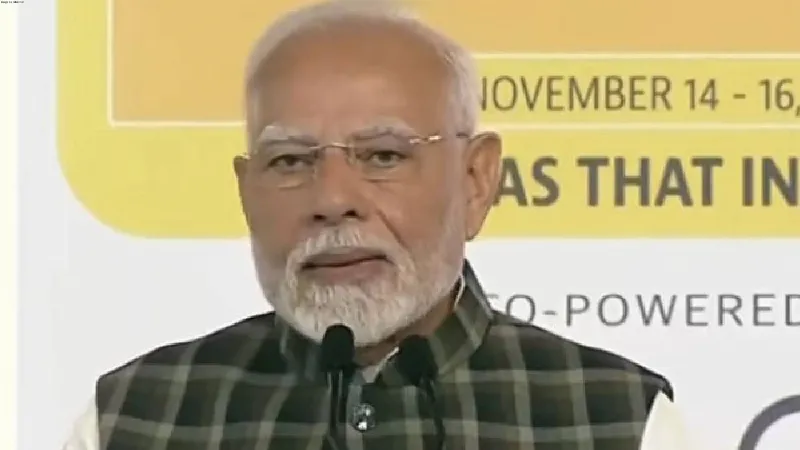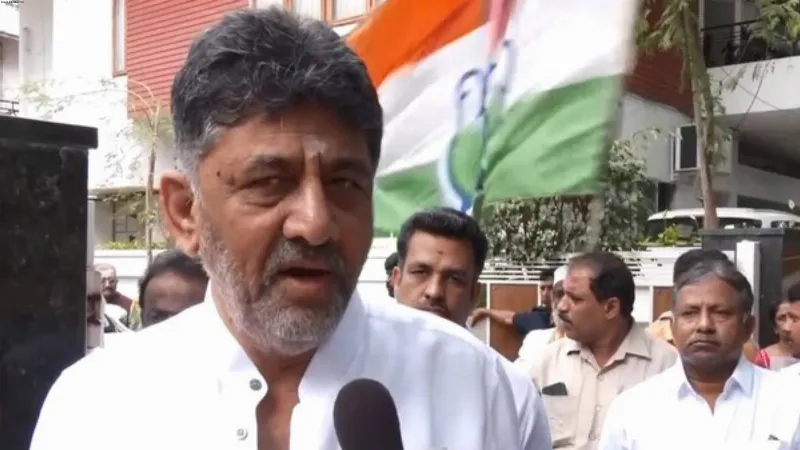Latest News
Is SIT member on black money trail in conflict of interest?
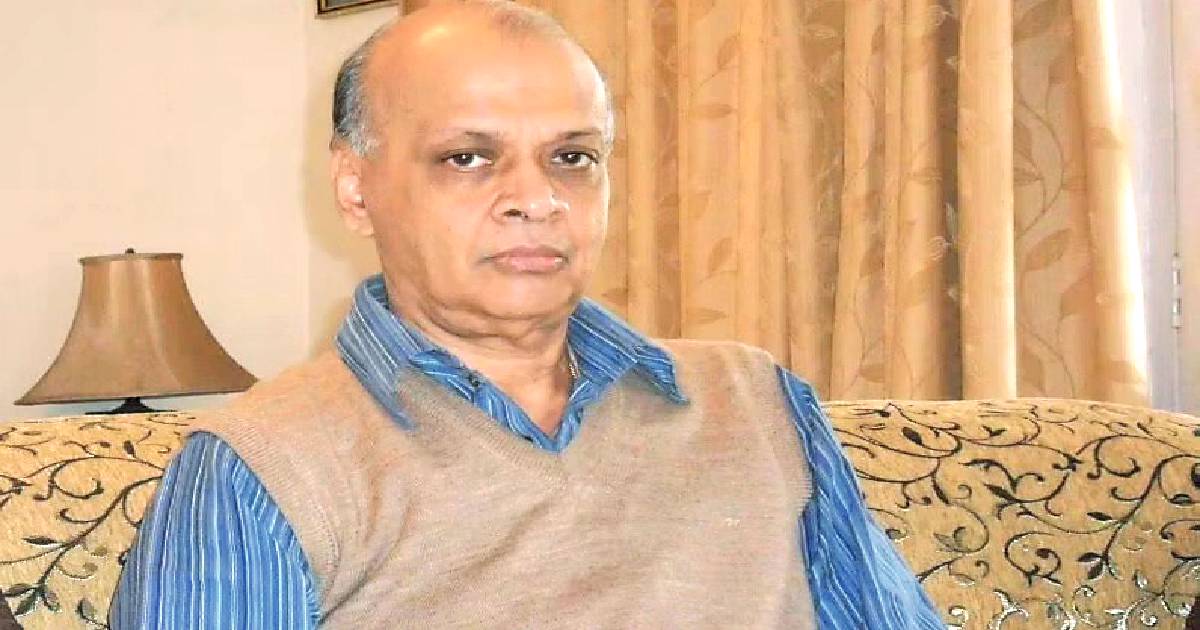
Mumbai: Former Supreme Court justice Arijit Pasayat, vice-chairman of the Special Investigation Team (SIT) set up by the Union government in 2017 on orders of the Supreme Court in 2014 to curb black money in India, is under fire. He has been accused of conflict of interest as he availed of the Income Tax department’s Vivad se Vishwas (VsV) scheme to settle his dispute with the tax authorities.
The former apex court justice had disputed the I-T department’s assessment of his income while also serving as an arbitrator to resolve several legal issues.
One line of thought being whispered around New Delhi’s power corridors suggests that the former judge should resign on moral grounds after the I-T department penalized him for tax evasion (particularly since he availed VsV); another, is that there is no case of moral turpitude to be made against him.
The SIT, headed by former Supreme Court judge MB Shah, is meant to investigate black money stashed abroad through a coordinated effort with various members from the Reserve Bank of India (RBI), Intelligence Bureau (IB), Enforcement Directorate (ED), Central Bureau of Investigation (CBI), Financial Intelligence Unit, Research and Analysis Wing (RAW) and Directorate of Revenue Intelligence (DRI).
Those prescribing the moral high ground say justice Pasayat, empanelled on the SIT to identify and proceed against fellow Indians hoarding black money abroad must--like Ceasar’s wife- -be above (any) suspicion. Therefore, they argue, he should resign his post, having used the VsV option proffered by the I-T department.
This logic is rejected by a senior I-T assessment officer who tells First India, “The very purpose of VsV was unlike any amnesty scheme for which Ceasar’s wife could be grudged under some rationale. The customized VsV scheme was basically aimed and intended to achieve exactly what the good judge has opted for, rather than continue in a long-pending legal dispute before the courts of law in India.”
Explaining further, the I-T official said, “Unlike other amnesty schemes, VsV was introduced with the basic objective of shoring up the revenues owed to the Indian exchequer that were held up in litigation. Only those cases which fulfilled all the criteria to fit into this particular scheme were allowed to opt for it. Besides, a 40% rate of tax is prescribed and levied on the so-declared income. So, where is the dispute and conflict of interest? As an I-T officer, I may dispute some portion of my income just like Pasayat and, at worst, I may be grudged for being an incompetent assessing officer. However, I cannot be blamed for having conducted myself in an unethical manner.”
He pointed out that justice Pasayat was in dispute with the I-T authorities over his taxable income component after having made full disclosure of his earnings both as an SIT member and also as an arbitrator. The only flaw pertained to him not having maintained books of accounts and bills to explain and justify over Rs 2 crore in incurred expenditure for the assessment period in question.
“How does full disclosure place Ceaser’s wife under suspicion?” the officer asked.

